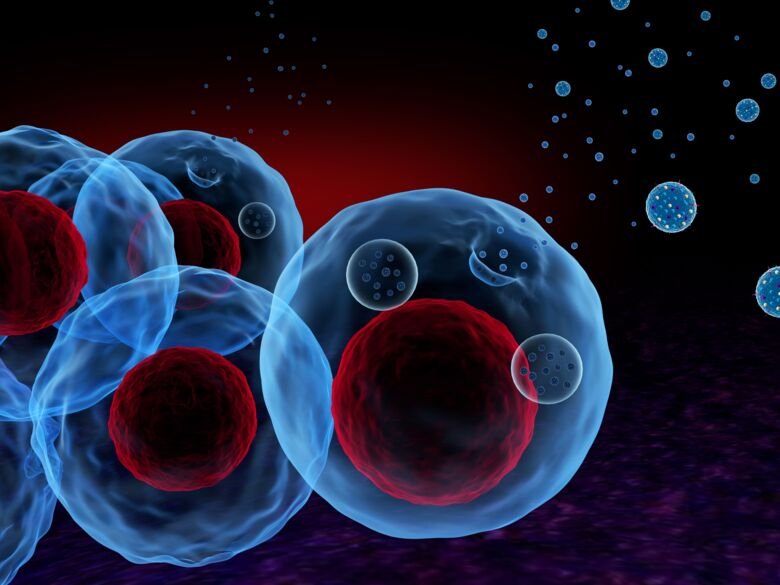MedH researchers granted millions for ground breaking stem cell research

Researchers at Karolinska Institutet, Karolinska University Hospital and Cellevate AB, have received almost 5 million SEK from Vinnova, to investigate how stem cells interact with their environment. The goal is to develop more effective production of stem cell therapies, and eventually contribute to better treatment of public diseases such as heart failure and diabetes.

The Swedish Governmental Agency for Innovation Systems (Vinnova) is awarding the collaboration project: "Stem cells on customized nanofiber matrix for production of extracellular vesicles", a total of SEK 4 963 863. In this project, researchers from the Department of Medicine, Huddinge and the Department of Laboratory Medicine at Karolinska Institutet, Karolinska University Hospital in Huddinge and the company Cellevate AB, will try to recreate stem cells' interaction with their environment outside the body. Stem cell therapies like this have revolutionary potential as a novel treatment for many common diseases, including heart attacks and stroke.
The researchers will study the particles that stem cells produce, the Extracellular vesicles (EV). These particles are expected to have many of the stem cells regenerative properties. However, today there is no established and cheap method for growing stem cells, or producing large amounts of EV from stem cells.
"We hope to solve this clinical challenge by recreating the stem cells' natural environment outside the body", says Roland Fiskesund, at the Department of Medicine, Huddinge, one of the project's principal researchers.
Nanotechnology could be the solution
The researchers at Karolinska Institutet will analyze the extracellular environment of the stem cells and map out how the cells interact with their environment. This is done by performing next-generation sequencing analysis of donated primary hematopoietic stem cells from the Karolinska University Hospital in Huddinge. Based on the results Cellevate AB will use their proprietary nanotechnology; nanofibers, to create a relevant environment for physiological cultivation and expansion of stem cells. Nanofibers are thin threads constructed to mimic the body's natural structural proteins; collagen, laminin and fibronectin. These proteins surround the body's cells and help the tissues in the body to keep their firmness.
"The goal is to develop more effective methods for large scale culture stem cells and the production of stem cell derived extracellular vesicles. These regenerative vesicles could be used to treat of common diseases such as heart failure and diabetes", says Roland Fiskesund.
Project
Stem cells on customized nanofiber matrix for production of extracellular vesicles
